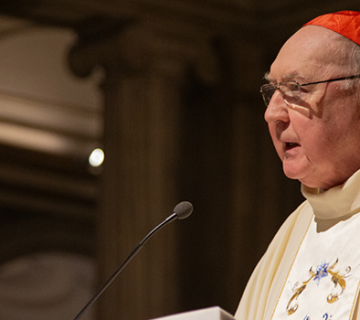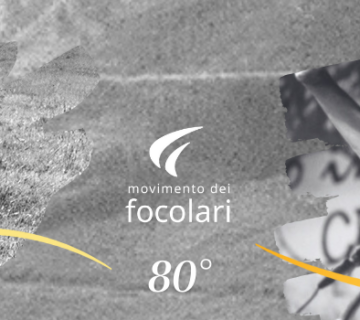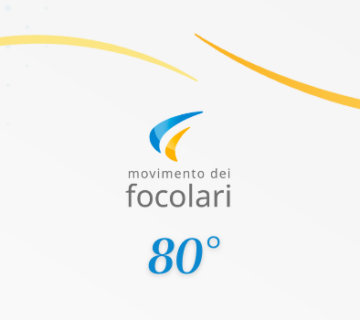 Chiara Lubich always saw Pasquale Foresi as someone with a unique design in the development of theFocolare Movement: the design of incarnating the charism of unity in concrete ways. For this reason she considered him, together with Igino Giordani, a co-founder of the Movement.
Chiara Lubich always saw Pasquale Foresi as someone with a unique design in the development of theFocolare Movement: the design of incarnating the charism of unity in concrete ways. For this reason she considered him, together with Igino Giordani, a co-founder of the Movement.
In 1949 when he met Chiara and the Movement, Pasquale Foresi was a young man looking for his way in life. He felt called to priesthood and attended seminary in Pistoia, Italy, and the Almo Collegio Capranica in Rome. He recalls: “I was happy and satisfied with my choice, but at a certain moment I had second thoughts (. . .) I began to doubt that I could move toward priesthood with these thoughts in my heart, so I suspended my studies at least for the moment. It was then that I came to know the Focolare Movement (. . .) In the members of the Movement I found an absolute faith in the Catholic Church and, at the same time, a radically evangelical way of life. It made me see that this was my place and soon the idea of the priesthood returned.”
He was the first focolarino to be ordained to the priesthood, followed by others who also felt called to serve the Movement in that way.
Pasquale saw in the first steps of Chiara Lubich and her companions “an evangelical spring gushing forth in the Church” and he began a partnership with them that would lead him as a priest to make a fundamental contribution to the Movement’s development, as a very close associate of Chiara Lubich.
 He wrote about some of his basic tasks in the Movement: “As a priest I was in charge of relations with the Holy See. I also worked for the Movement’s growth and development throughout the world. I assisted Chiara in drafting the Statutes of the Work of Mary. I also helped in starting up some of the permanent fixtures in the Movement such as the “Mariapolis Centres” that provide courses for the members; the town of Loppiano in Italy; and Citta Nuova publishing house.”
He wrote about some of his basic tasks in the Movement: “As a priest I was in charge of relations with the Holy See. I also worked for the Movement’s growth and development throughout the world. I assisted Chiara in drafting the Statutes of the Work of Mary. I also helped in starting up some of the permanent fixtures in the Movement such as the “Mariapolis Centres” that provide courses for the members; the town of Loppiano in Italy; and Citta Nuova publishing house.”
But there is one area of Fr Foresi’s life that perhaps represents his specific contribution to the development of the Movement. He explains: “It’s in the logic of such things that these new spiritual currents or charisms in the Church contain implications for culture as well. If you study history you’ll find that this has always been the case: the development of architecture, the arts, ecclesial and social structures, the fields of human knowledge and especially theology.”
Fr Foresi has spoken and published numerous articles and books on the novelty of the spiritual and social dimension of the theology that emerges from Chiara’s charism. His words contain a keenness of analysis, breadth of vision and optimism for the future that is made possible by the wisdom that comes from a strong charismatic experience, as well as the abysses of light and love, humility and loyalty that can only be created in a person’s life by God.


 Italiano
Italiano Español
Español Français
Français Português
Português



No comment